|
By Christine Murray, See the Triumph Co-Founder
The World Health Organization defines sexual health in the following way: “…a state of physical, emotional, mental and social well-being in relation to sexuality; it is not merely the absence of disease, dysfunction or infirmity. Sexual health requires a positive and respectful approach to sexuality and sexual relationships, as well as the possibility of having pleasurable and safe sexual experiences, free of coercion, discrimination and violence. For sexual health to be attained and maintained, the sexual rights of all persons must be respected, protected and fulfilled.” (WHO, 2006a) I like this definition because it goes beyond viewing sexual health as simply a lack of problems, but it encompasses pleasure, satisfaction, respect, and safety. We heard from participants in our research, especially those who had experienced sexual abuse within their past abusive relationships, that a positive sense of sexuality and sexual health can be challenging to achieve in the aftermath of an abusive relationship. For example, consider the following quotes from our participants, which illustrate some of the challenges that survivors may face:
However, it’s important to also highlight that positive sexuality is possible, even in the aftermath of horrific abuse. For example, one research participant who’d been sexually abused by a former partner said, “I've started to think about myself as a stronger person. It took a long time for my self esteem to come back. I had a few years where I thought I was disgusting, and couldn't enjoy a sexual relationship.” This participant’s experience demonstrates that even after facing some initial negative sexual consequences from past abuse, it is possible to achieve a greater sense of self-esteem and enjoy a safe and healthy sexual relationship. Every person’s situation is very unique, so there are no simple rules to say how every person could recover from past abuse and achieve a positive sense of sexuality in their lives. What works for one person may be different than what works for someone else. However, the World Health Organization’s definition of sexual health supports the following four suggestions for survivors seeking to establish positive sexual health as part of recovering from a past abusive relationship: First, seek help for sexual health problems and dysfunctions. Survivors may have contracted sexually transmitted infections from their abusive partners (e.g., through their partner’s infidelity). Or, as in the first quote listed above, survivors may have injuries that make sexual activity painful or impossible. There are trained professionals who can assist survivors in understanding treatment options, include medical professionals (e.g., a gynecologist or family physician) and sex therapists (see the American Association of Sexuality Educators, Counselors, and Therapists web-site for a directory). Second, seek a respectful sexual partner who is sensitive, patient, and supportive. The World Health Organization’s definition emphasizes that sexual health “requires a positive and respectful approach,” and these are important qualities to seek in a sexual partner. Of course, it can take time to really get to know someone and know if they really meet these requirements. Survivors can therefore seek partners who are patient and understanding of their need for this time. Pressure to engage in sexual activity before you’re ready is a sign that person is not ready for a respectful, safe sexual relationship. Third, be alert for signs of coercion and abuse. The World Health Organization’s definition makes clear that freedom and individual choice are necessary for sexual health. If you come to feel that a partner does not respect your freedom to choose, or is trying to coerce you into anything you are not comfortable you are doing, know that you have the right to end that relationship. Seek partners who have good communication, ask you about your sexual preferences, openly discuss sexual questions and concerns, and listen respectfully to you when you are sharing your beliefs, values, and attitudes related to sexuality. Fourth, seek both pleasure and safety in sexual relationships. As we’ve discussed throughout this month, sexual abuse can occur within abusive relationships. These can certainly contribute to negative sexual experiences. Sexual pleasure can be absent or feel like an unattainable goal when past sexual experiences were characterized by pain, fear, disrespect, and humiliation. Again, seek professional help if you feel you’d benefit from formal support to address your sexual concerns. Note the World Health Organization’s emphasis on the sexual rights of everyone--including you. You have the right to safe, positive, pleasurable sexual experiences. Remind yourself of this right on your journey to recovery. We are constantly inspired by the stories of triumph over past abuse that we hear through the See the Triumph campaign, including our research participants and members of our community who share their stories with us. We know that sexuality can be a complicated aspect of this recovery process, but we also believe that all survivors deserve healthy sexuality and healthy relationships. We hope the resources we’ve shared throughout this month have been informative and helpful resources to support survivors toward achieving that goal. 4/25/2014 Healing Relationships By Hannah Brancato and Rebecca Nagle Co-Founders of Force: Upsetting Rape Culture See the Triumph Guest Bloggers Force: Upsetting Rape Culture is a creative and activist effort to upset the dominant culture of rape and promote a counter culture based on consent. As researcher Leah Boison states, we believe that rape is not a personal problem to be dealt with individually, but rather a societal problem that should be dealt with publicly. Force chooses to get people thinking through imagination grabbing actions like Pink Loves Consent or Playboy’s Top Ten Party Commandments. By pretending to be Victoria’s Secret promoting a line of consent themed underwear, or reinventing Playboy’s annual party school guide as a guide to a consensual good time, we mobilize new audiences affected by sexual assault to envision what steps they might take to change the social norms that engulf each of us. The actions encourage people to refuse to accept coercion and force as normal. In addition to capturing people’s imaginations, we know that building relationships, on the personal level and on the communal level, is an essential element in transforming rape culture. In her book, Trauma and Recovery, Judith Herman wrote, “The core experiences of psychological trauma are disempowerment and disconnection from others. Recovery, therefore, is based upon the empowerment of the survivors and the creation of new connections. Recovery can take place only within the context of relationships; it cannot occur in isolation.” Consent forms the basis for healing relationships in which exchange, communication, and negotiation are foundational. In a culture of consent, how we feel matters more than how we look. Consent culture means that openness and communication about sexual pleasure are the norm. In consent culture, people think about communicating about sex as hot, not awkward. Sexual partners accept “no” without question, and know that only enthusiastic, verbal consent means yes. Checking in with your partner about boundaries is just as normal as using a condom. Consent culture stands in opposition to the culture of rape that surrounds us. In rape culture, shaming survivors for their experiences is commonplace, both by the media and by communities. The criminal justice system does not adequately serve survivors, and the most oppressed people in this country have little to no access to justice and resources. Coercive and controlling relationships set the standard for young people, passed from generation to generation. Gender norms are restrictive and unrealistic. These factors add up to create an attitude that sexual and dating violence are unsolvable problems. It adds up to a culture that does not believe that domestic and sexual violence will ever really end. So how can we get from here- a culture entrenched is victim blaming and the public shaming of survivors- to a blissful, pleasurable culture of consent? How can people learn to believe that rape can and must end? As we work to make consent the norm through education, public messaging, and campaigns that normalize talking about sex, we also need to work to uplift survivors of sexual assault. We need to become trauma literate. After their assault is over, survivors of rape and abuse are often re-traumatized by sex, by invasive or controlling friends and family, by victim blaming statements, or silencing actions from our culture at large. If we were more trauma literate, communities, friends, family members and loved ones could avoid deepening and reinforcing trauma. On an individual level, we can be purposeful about always asking first, and always checking in with our lovers about boundaries. We can ask our sexual partners what they do not like, and what is triggering to them. We can respect their “no.” With friends and family, we can take care of each other and we can be patient, remembering that everyone’s healing process is different. We can learn about how PTSD works and remember that when people are sexually assaulted, their ability to control their own bodies is snatched away. As a community, we can create spaces where survivors can talk about their experiences, and be heard instead of being silenced. We can be witnesses, listening without judgment and without offering our opinions and advice. On a cultural level, we can refuse to tolerate victim blaming and public shaming of survivors, instead, putting our energy into building support for survivors. We can learn to recognize victim blaming and call it out when we see it. The Monument Quilt, Force’s most recent project, is one platform for this multi-tiered process of healing for not just individuals, but our culture as a whole. To create a new model for community response to rape, we are gathering a crowd-sourced collection of thousands of stories from survivors of rape and abuse. The Monument Quilt provides a participatory platform through which people can share their stories while working together to forever change how people in the US respond to rape. The quilt is being displayed in cities and towns across the country, leading up to a final display on the national mall, with the quilt squares stitched together to spell “Not Alone.” By constructing public space for healing, the quilt is creating a new reality. The quilt is based on a simple idea: that we can change our culture by centering the experience of survivors, and as a community, by learning from survivors about their experience, instead of telling them what they need. We can only build healing relationships by listening and by having spaces where we are heard.
You can get involved by hosting a workshop, or by creating your own quilt square. We need everyone to help by spreading the word by sharing the project on social media! You can find us on twitter @upsettingrape and at facebook.com/upsettingrapeculture. To make a financial contribution and help us go on tour with the Monument Quilt this summer, including a stop in Durham, NC, check out Force’s kickstarter campaign: https://www.kickstarter.com/projects/upsettingrapeculture/the-monument-quilt-tour 4/24/2014 Reclaiming Healthy Sexuality After Abuse By Rachel Miller, See the Triumph Contributor
After leaving an abusive relationship, there is much healing that needs to take place before a survivor can recover completely and move forward into a full and healthy life. An area of recovery that can easily be overlooked is a survivor’s sexuality. Often survivors are dealing with depression, anxiety, PTSD and other, more immediate, crises that can make reclaiming their sexuality something that gets placed on the back burner, if it is ever dealt with at all. If sexual abuse was part of the equation, then this topic becomes even more challenging to approach. You might wonder why, if there are so many other hurdles to move past, would one choose to focus on their sexuality at all? Here’s the thing about sexuality, it is about so much more than just having sex, reaching orgasm or pleasing a partner. When you reclaim your sexuality there is a piece of your self-worth that is able to be reclaimed as well. You gain back a sense of power and control over your own body that many who have suffered through abuse have lost. It can be empowering to remember that your body is yours, that it can bring pleasure and be enjoyed. Self-care, a piece of recovery that is crucial, can and should include reconnecting with your body and your sexuality in a healthy, empowering way. What does reclaiming your sexuality in a healthy, empowering way look like? Well, for starters, I’m not advocating running out and having sex with any and every person you come in contact with. What I am suggesting is spending some time reacquainting yourself with what turns you on, what makes you feel sexy, empowered and sensual. This may mean reading racy romance novels, or attending a friend’s adult toy party for something new, or romancing yourself one night with candles and a long bubble bath. I have spoken to women who have had success with each of these approaches. Whatever it may be for you take time to learn how to love your body as it is, remind yourself, or discover what you like, need and want sexually, so that when you are ready to move forward into a new phase of your life, you are better prepared to know and ask for what you need from a partner. This is imperative to having a healthy sexual relationship in the future. Even if you don’t have any intention of ever finding a new partner or can’t begin to contemplate ever being ready for that, knowing your body, getting comfortable in your own skin and owning that piece of yourself can do wonders for your self-confidence and your sense of self. Sexuality is not dirty, it is not wrong, it is natural, it is healthy and it is a crucial part of who we all are. You get to take it back and in the process take a piece of yourself back. As victims, so much of who we thought we were feels lost after we leave, so part of becoming a survivor is reclaiming as many of those pieces as we can. 4/22/2014 Cheating in Abusive RelationshipsBy Christine Murray, See the Triumph Co-Founder
When we started looking more closely at the experiences of the participants in our research who reported sexual abuse within past abusive relationships for this month’s focus on “Healthy Sexuality, Healthy Relationships,” one experience jumped out as common for many participants. Many of these participants reported that their partners had been unfaithful to them once or more throughout the course of their relationships. Now, the question of whether any form of infidelity is a form of abuse is one that we could debate (for example, see these posts from First Wives World and Your Tango). Infidelity is a violation of the trust and commitment that a person makes to his or her partner. Also, the person who has been cheated on often is emotionally devastated and may face physical health risks (e.g., sexually transmitted infections) and financial losses (such as when the unfaithful partner spends the couple’s shared money on the affair) as a result of the infidelity. Certainly, there are some parallels between infidelity and abuse, but we can save that full debate for another day. For today, I want to focus on some of the stories we heard from survivors of intimate partner violence who participated in our research. One aspect of their partners’ abuse and mistreatment of them involved infidelity. What’s more, as the following quotes show, often the infidelity was weaved into other abusive dynamics in their relationships. The following quotes came from participants who reported sexual abuse in their past abusive relationships:
All too often victims and survivors are blamed for their partners’ behaviors by their abusers, their friends and family members, and others. We need to continue to work to ensure that every person who chooses to use violent, hurtful, and abusive behaviors within relationships is held fully accountable for those actions. As the experiences of the participants quoted here show, we need to ensure that infidelity is included in our understanding of these abusive behaviors. By Sara Forcella, See the Triumph Contributor
There are many opinions as to why people do not leave abusive relationships. However, nobody understands the dynamics of intimate partner violence more than an individual who has or is currently being abused. So frequently, we hear questions like, “Why doesn’t she just leave her abuser?” The answer is complex and different for each victim. Leaving an abusive relationship can be scary, expensive, time consuming, and heartbreaking. Ultimately, nobody chooses to stay in an abusive relationship because they enjoy being physically, emotionally, or verbally abused. It’s important that before we judge someone’s choice to stay in a relationship we understand the situation they are truly facing. Here are a few reasons that victims do not leave abusive relationships: Fear: The most dangerous time for an individual who is being abused is when she/he attempts to leave a partner (US Department of Justice, National Crime Victim Survey). Being in an abusive relationship is scary--victims may find themselves constantly walking on eggshells until the next violent outburst from their partner. Many times victims do not leave abusive relationships because they fear the repercussions. Abusers may threaten to harm them, their children, their families or their pets. It is common for those who do leave to be stalked by a partner. In some cases, the abuser will actually find the victim and take them back. The important thing to remember is that nobody knows an abuser better than a victim; therefore, it’s important for others to understand that a victim will leave when she/he is ready and feels like leaving is the safest option. Promises: Abusers can be fantastic manipulators. When an abuser fears that his partner is thinking about leaving, he or she may apologize and promise to change. Statements such as “We’ll go to counseling” or “I’ll get help” are common attempts to regain the partner’s trust. As in non-abusive relationships, many times people want to believe that their partners will truly change. Children: Figuring out how and when to leave an abusive relationship is complex in and of itself, but when children are added to the equation it becomes that much more difficult. Victims with children need to consider things such as child custody, child care, access to housing, and financial stability. Many times, victims chose not to leave abusive relationships because they don’t want their children to only have one parent. Taking a child away from another parent is very difficult, especially if the children are not being abused directly. Custody becomes another huge factor in why victims chose not to leave their partners. Legal custody of children is never guaranteed; a victim may be fearful of losing her children to her partner. Victims who allow their children to remain in homes where abuse is occurring do not do this for selfish reasons, instead they simply attempt to do what they see best for their child. Isolation: Abusers purposefully isolate their victims in order to gain power and control over them. They may regulate who and when their partner interacts with family and friends--sometimes making them end these relationships altogether. People may feel like they have nobody to turn to even if they decide to leave. Making this kind of life-changing decision alone becomes even more scary. Embarrassment: People dealing with partner violence may be embarrassed to turn to others for help. They may assume that people will judge them and make assumptions about their lifestyle. Money: It’s commonly stated that women only get paid 77% of what men make. Even women with well-paying jobs typically do not make as much as their partners. A financially-dependent victim may fear that, without her partner, she could no longer support herself. Victims of IPV face added financial difficulties, such as medical bills and trouble finding a steady form of employment (due to injuries from abuse). Some abusers will not allow their partners to work, and therefore victims become completely financially dependent on them. With a lack of employment and money, it may seem nearly impossible for people to leave their abusers. Ultimately, survivors who already face a lack of upward mobility can have trouble accessing resources necessary to survive after leaving their abusers. Pets: Many domestic violence shelters do not allow animals on-site. Luckily, both an awareness of this issue and the number of shelters who allow this are increasing! Women who are abused may not be willing to leave their pets behind, fearing that their abuser may harm them. Many times, abusers use threats against pets in order to control their partners--such as saying things like “If you attempt to leave I’ll kill your dog,” knowing that this could scare the partner into staying. Housing: While there are many transitional and emergency shelters for women dealing with IPV--as well as some resources for men--survivors may not have access or be aware of them. They may have trouble finding housing, especially when they have children or pets. Those who chose to live in apartments or houses may have trouble finding safe and affordable housing. Love: It’s difficult for outsiders to understand, but many times survivors still love their abusers. Abuse typically occurs in a cycle which has periods of time where no abuse occurs. Remember that, at some point in their relationship, there were happier times, in which both partners truly felt that they cared for each other. As in any other relationship, leaving a partner is a difficult and emotional time. Unless you have been abused by a partner, you may never fully understand why an individual would stay in an abusive relationships Therefore, before you make assumptions or judgments about a survivor’s decisions, try to understand the complexity of the situation. Instead of asking why doesn’t she leave, ask how you can support her! We are inviting participants to complete our new survey, Triumphing Over Intimate Partner Violence. For more information, please see http://www.seethetriumph.org/new-for-2014-overcoming-abuse-study.html or download the recruitment brochure below.
To participate, please click here to be taken directly to the survey web-site: https://uncg.qualtrics.com/SE/?SID=SV_bgcWHMyzK4Pvt09.
Please help us spread the word about this study to others you know who may be interested! Thank you in advance for your consideration. |
Archives
July 2024
CategoriesAll About Intimate Partner Violence About Intimate Partner Violence Advocacy Ambassadors Children Churches College Campuses Cultural Issues Domestic Violence Awareness Month Financial Recovery How To Help A Friend Human Rights Human-rights Immigrants International Media Overcoming Past Abuse Overcoming-past-abuse Parenting Prevention Resources For Survivors Safe Relationships Following Abuse Schools Selfcare Self-care Sexual Assault Sexuality Social Justice Social-justice Stigma Supporting Survivors Survivor Quotes Survivor-quotes Survivor Stories Teen Dating Violence Trafficking Transformative-approaches |
||||||
Search by typing & pressing enter


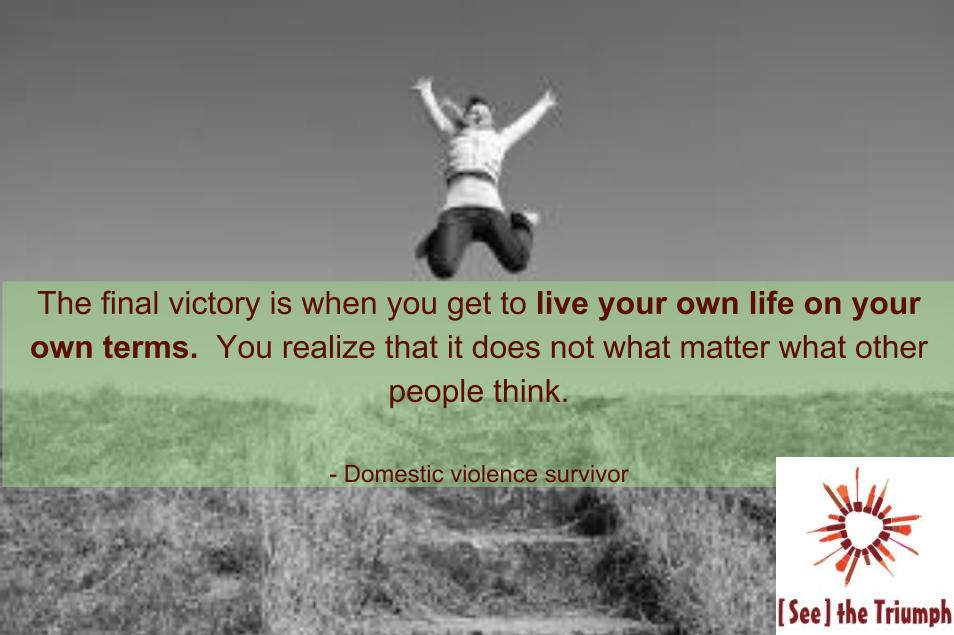
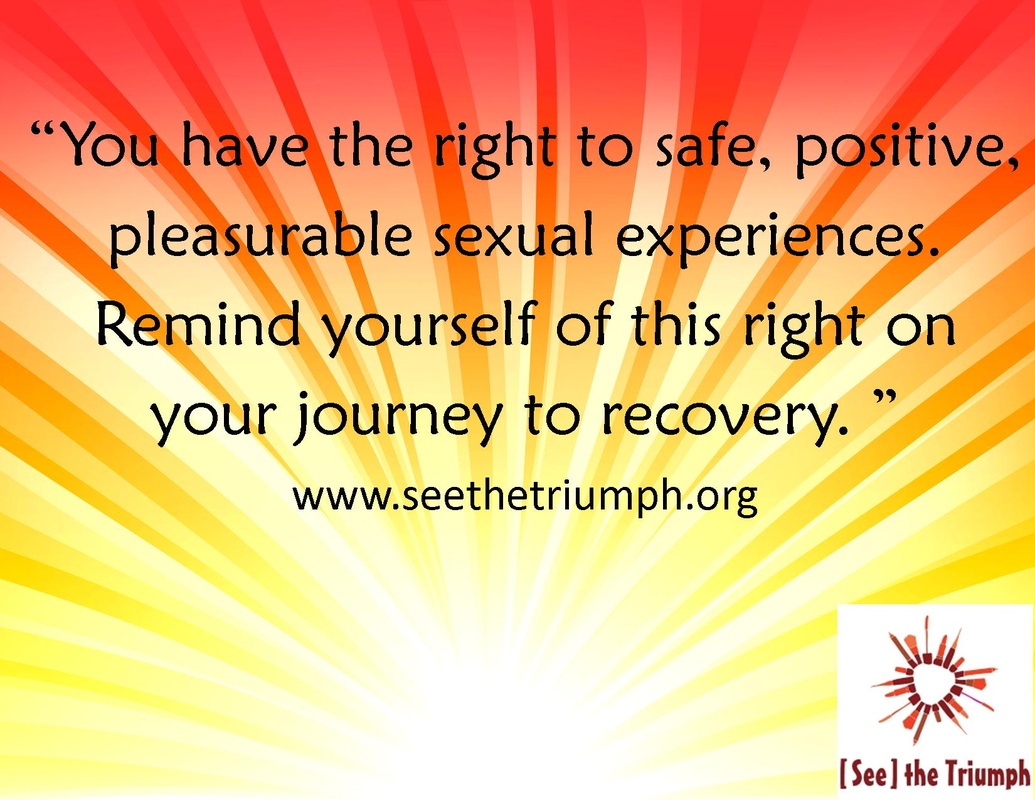
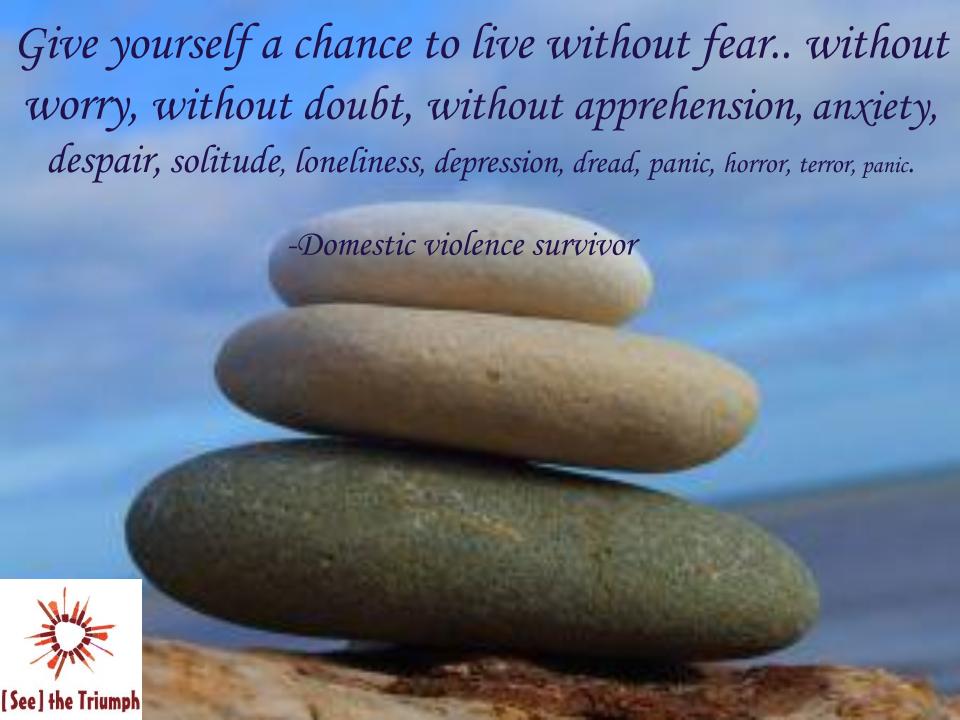

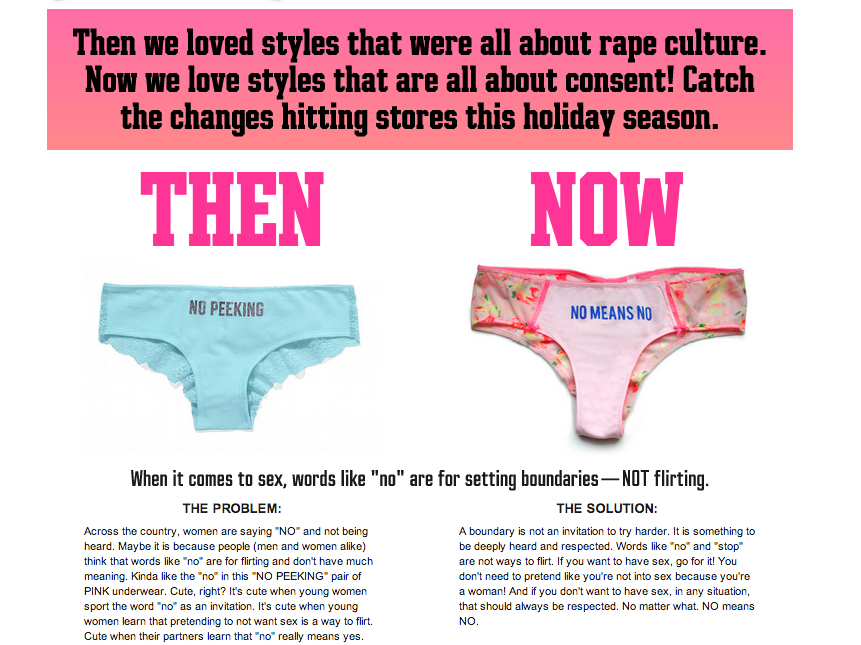

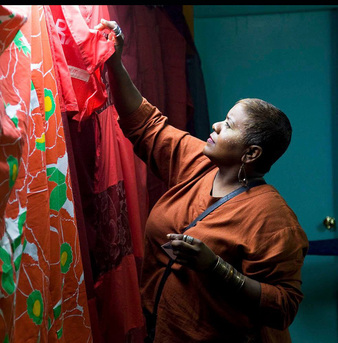
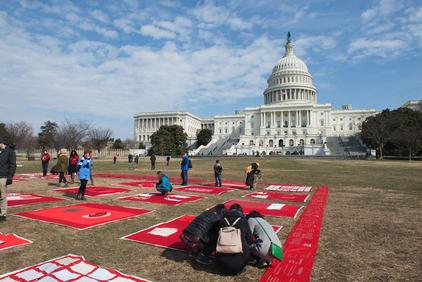
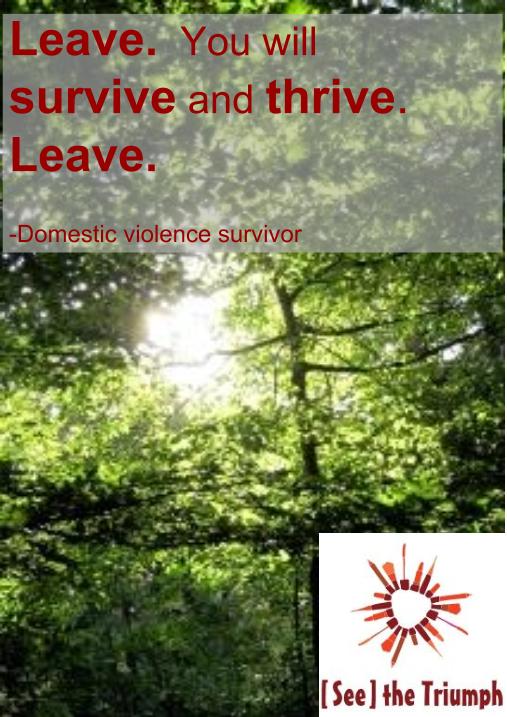
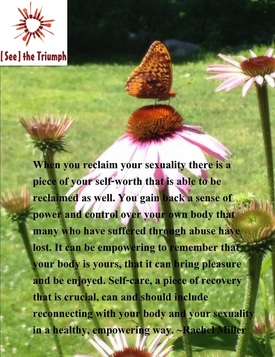
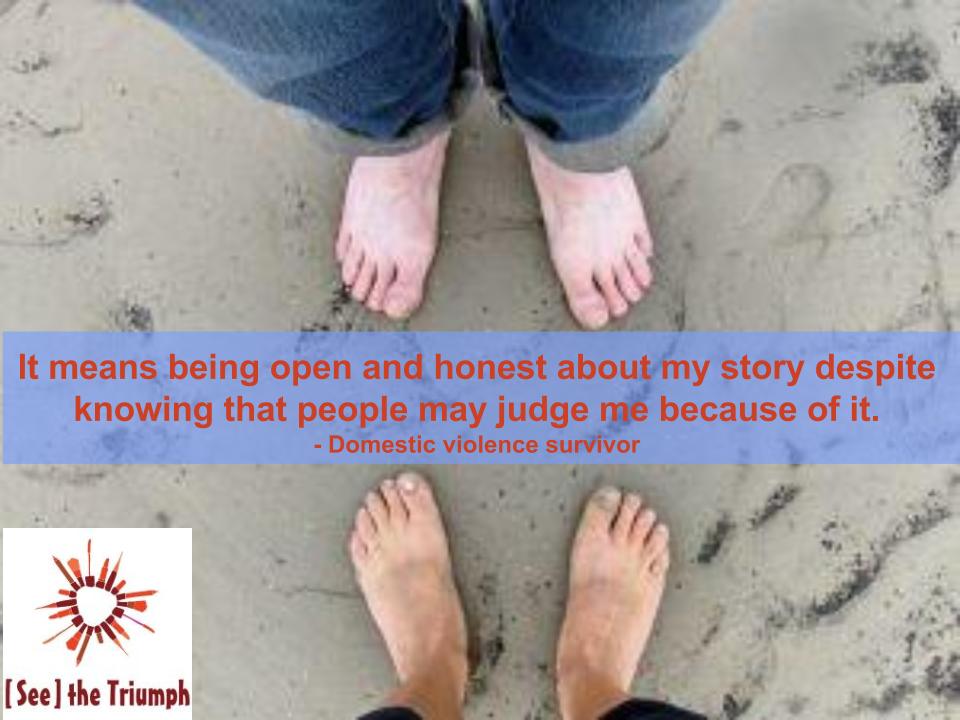
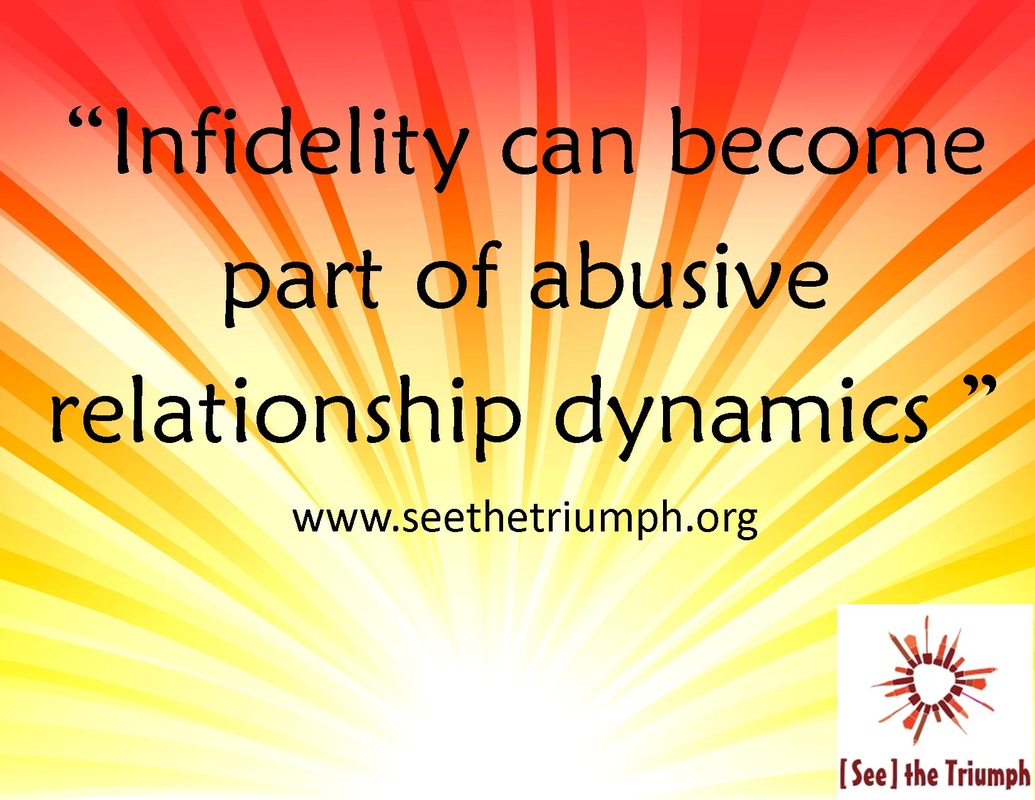


 RSS Feed
RSS Feed